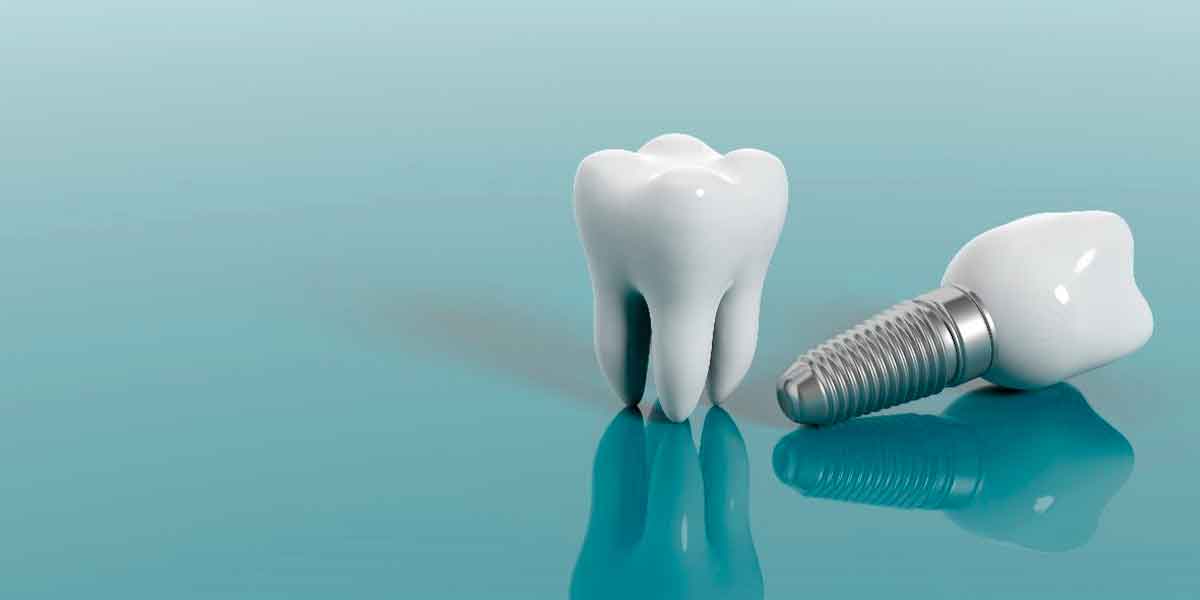The Impact of Tooth Loss on Quality of Life
Losing teeth can have a significant impact on your daily life, affecting your ability to eat, speak, and smile confidently. Fortunately, there is a reliable and long-lasting solution available in the form of dental implants. In this article, we will delve into the advantages of dental implants, the process involved, and why they are the preferred choice for replacing missing teeth.
Understanding Dental Implants
Dental implants are artificial tooth roots typically made of biocompatible materials like titanium. These implants are surgically placed into the jawbone, where they undergo osseointegration, a process where they fuse with the bone. Once integrated, they serve as a stable foundation for a replacement tooth, bridge, or denture, mimicking the function and appearance of natural teeth effectively.
Key Components of Dental Implants
A standard dental implant comprises three main components:
- Implant Fixture: This titanium post acts as the artificial root and is surgically placed into the jawbone.
- Abutment: Positioned on top of the implant fixture, the abutment supports and secures the replacement tooth or teeth.
- Prosthesis: The visible part of the implant, such as a crown, bridge, or denture, designed to replicate natural teeth in both form and function.
Advantages of Dental Implants
Dental implants offer several benefits over traditional tooth replacement options, making them a popular choice among patients.
Long-Term Durability: Dental implants are known for their longevity, with proper care allowing them to last a lifetime. This durability makes them a cost-effective solution compared to alternatives that may require frequent replacements.
Improved Oral Health: Dental implants contribute to better oral health by preserving jawbone structure, preventing tooth shifting, and maintaining the integrity of natural teeth without the need for alteration.
Natural Appearance and Function: Designed to closely resemble natural teeth, dental implants provide a seamless and natural appearance, allowing for confident eating, speaking, and smiling.
Convenience and Comfort: Unlike removable dentures, dental implants are fixed in place, eliminating the discomfort and inconvenience associated with adhesives and maintenance routines.
The Dental Implant Procedure
The process of getting dental implants involves several stages crucial for ensuring their success and longevity.
Initial Consultation and Planning: A comprehensive assessment of oral health, X-rays, and treatment planning are conducted to create a customized treatment plan.
Surgical Placement of the Implant: The implant fixture is surgically placed into the jawbone under local anesthesia.
Healing and Osseointegration: A healing period allows for osseointegration, where the implant fuses with the jawbone.
Attachment of the Abutment: The abutment is attached to the implant fixture after osseointegration is complete.
Placement of the Prosthesis: Custom-made prosthetic teeth are attached to the abutment to complete the procedure.
Caring for Dental Implants
Proper care and maintenance are essential for the success and longevity of dental implants. Here are some tips for maintaining optimal implant health:
Maintain Good Oral Hygiene: Brush and floss regularly to prevent infection and plaque buildup.
Regular Dental Check-Ups: Visit your dentist every six months for professional cleanings and examinations.
Avoid Hard or Sticky Foods: Protect your implants by avoiding foods that can damage them.
Quit Smoking: Smoking can hinder the healing process and increase the risk of implant failure.
Who is a Good Candidate for Dental Implants?
While dental implants are a suitable option for many, certain factors determine candidacy:
Good Oral and General Health: Healthy gums and sufficient bone density are essential for successful implant placement.
Non-Smokers: Smoking can impact healing and increase the risk of complications.
Commitment to Oral Hygiene: Regular oral care is crucial for the long-term success of dental implants.




